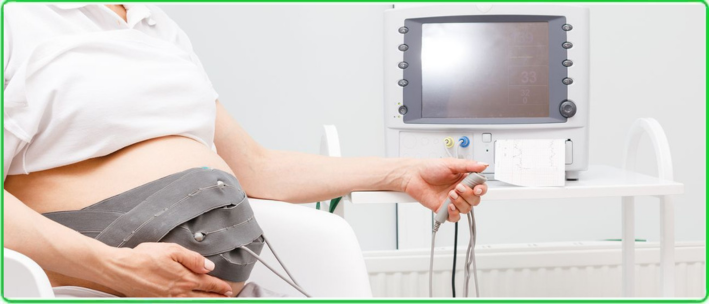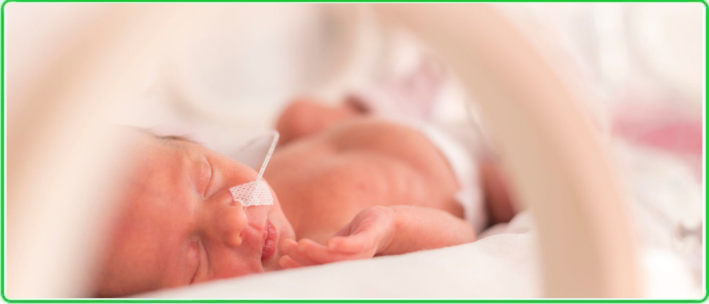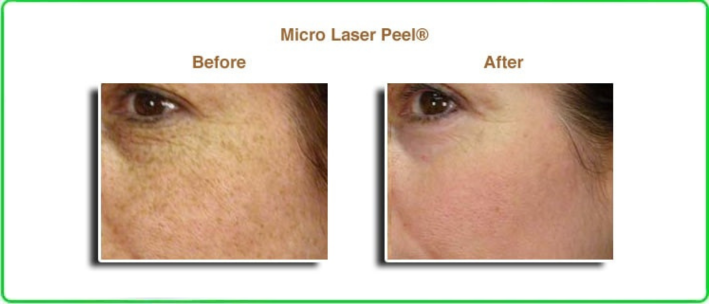How can I evaluate my full-day chest rhythm?

For chest rhythm you need through regular Electrocardiograms (ECGs or EKGs) your doctor can only look at your heart’s activity when you at KindCare Medical Center in Dubai while doing your ECG test. But abnormal heart rhythms and cardiac symptoms may come and go.
Arrhythmias (abnormal heart rhythms) may occur only now and then. Or, they may occur only under certain conditions, such as stress or activity. Arrhythmias of this type are hard to record on an ECG done at doctors clinic. Because of this, some time your condition could be misidentified or unnoticed. This type of chest rhythm diagnosis is necessary for people who have a violation of the chest rhythm of heart contractions. . With the help of a traditional ECG, it is almost impossible to catch the moment when the symptoms appear.
At this scenario Daily Holter ECG monitoring(HM ECG) can help you. It is a method of Electrophysiological instrumental diagnosis of the heart. HM ECG is a long-term recording of ECG using portable devices for a long time in the patient’s normal lifestyle. Holter monitor evaluate your heartbeat over time while you go about your normal activities fast, slow or irregular heartbeats . Which is commonly known as Aarrhythmias. It allows you to track the moment and cause of Arrhythmia. In addition, halter monitoring will be extremely useful in the event of unexplained chest pain, dizziness and fainting. These signs may be symptoms of heart disease, and Holter monitoring will confirm or refute this relationship.
In addition wearing the monitor will help your doctor to Identify :
- Persistent or periodic pain in the heart that occurs suddenly or during physical exertion
- To evaluate chest pain that can’t be reproduced with exercise testing
- To evaluate other signs and symptoms that may be heart-related, such as tiredness, shortness of breath, dizziness, or fainting
- To identify irregular heartbeats or palpitations
- To see how well a pacemaker is working
- To determine how well treatment for complex arrhythmias is working
- If your medicines are working.
- If your heart is getting enough oxygen to meet its needs
- Indication for uncertain Chest pain and heaviness
- Dyspnea
- Deviations in the work of the heart during emotional stress
- Recent myocardial infarction
- Diabetes
- Thyroid disease
- Assessment of ongoing antiarrhythmic therapy
- To assess risk for future heart-related events in certain conditions, such as hypertrophic cardiomyopathy (thickened heart walls), after a heart attack that caused weakness of the left side of the heart, or Wolff-Parkinson-White syndrome (where an abnormal electrical conduction pathway exists within the heart)
Holter monitors can prevent the development of the following diseases of the cardiovascular system:
- Arrhythmia (cardiac arrhythmias)
- Angina pectoris
- Hypertension (increase or decrease in blood pressure)
- Coronary heart disease
Benefits of Holter monitoring:
- Research data during the day are the most reliable.
- Compact portable recorder does not cause concern.
- You can lead a familiar lifestyle.
- The study can be carried out at any age, this technique has no contraindications.












